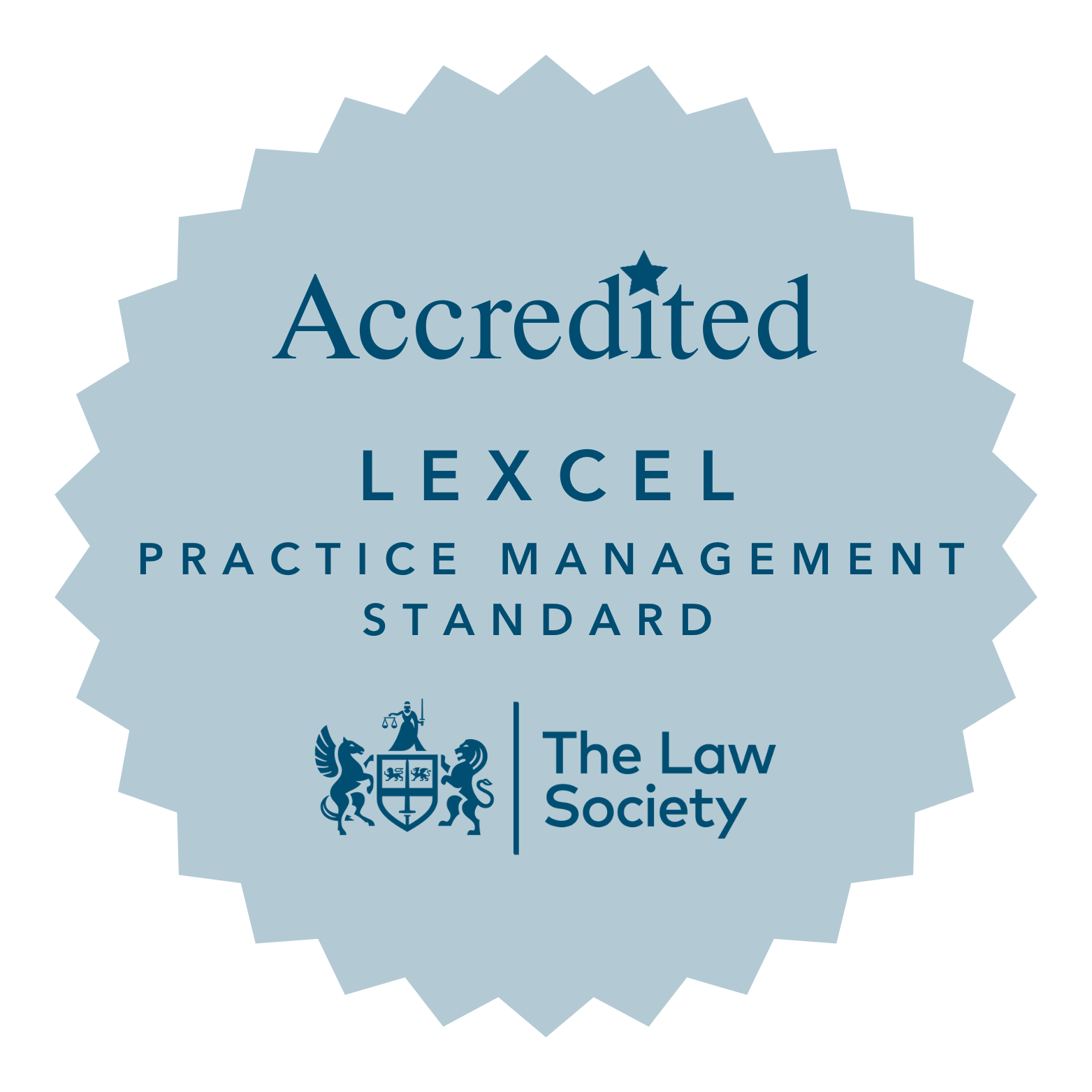What Is A Consent Order?

In England and Wales, if circumstances deem it appropriate, divorcing couples are encouraged to work out their financial settlements and arrangements for their children between themselves. If a dispute develops, rather than proceed to court in the first instance, parties are steered towards alternative dispute resolution methods, for example, negotiation and mediation. A Consent Order documents the parties’ agreement/s regarding dividing property and assets following a divorce.
Is a Consent Order legally binding?
Once a settlement is reached, you and your spouse’s solicitor will draft/agree a Consent Order and present it before the court. Once the judge approves the Consent Order, it will become legally binding.
Will the court approve my Consent Order?
The court is under no obligation to automatically approve a Consent Order. However, if the order has been drafted by qualified solicitors and reflects the agreement made by the parties, the court is likely to grant its approval.
The court has a duty to review Consent Orders in line with the factors listed under section 25 of the Matrimonial Causes Act 1973. However, generally, the court will approve a Consent Order unless it believes there are circumstances into which it ought to inquire and/or it deems the order unfair.
Can a Consent Order be changed in the future?
It is important to negotiate any changes to the agreement before you sign it, as once it receives court approval, changing a Consent Order can be difficult.
You can challenge a Consent Order if you subsequently discover that your ex-spouse did not provide full financial disclosure, or you can prove that you signed the agreement under duress. Consent Orders can also be varied if shortly after it is approved, one party suffers from an event that radically changes their circumstances and their ability to meet the terms of the agreement, for example, an accident resulting in a catastrophic injury meaning they can no longer earn an income.
Consent Orders provide the foundation on which you can move forward with your life post-divorce. To ensure your best interests are protected, contact an experienced divorce solicitor to advise and represent you.
To discuss your matter in complete confidence with one of our specialist divorce and family law solicitors, please call us on 02476 231000 or email enquiries@askewslegal.coPlease note that this article is for information purposes only and does not constitute legal advice.









